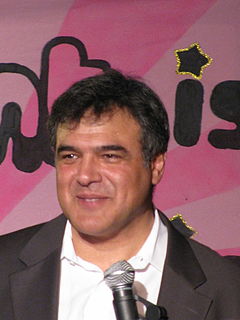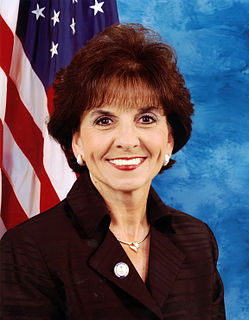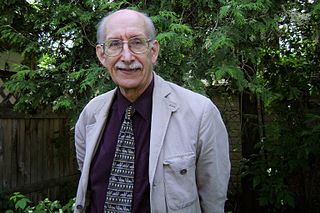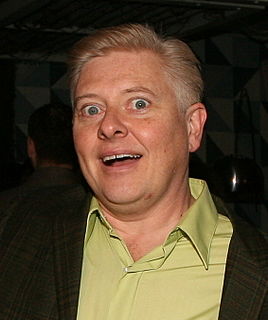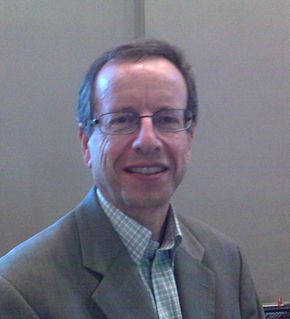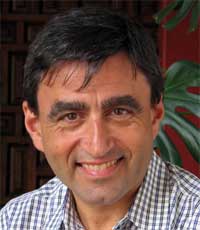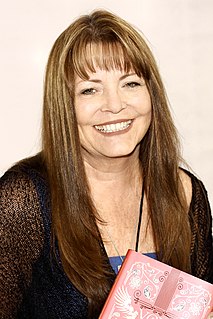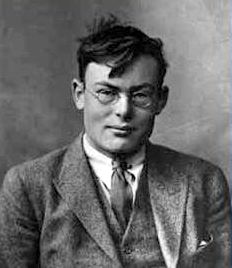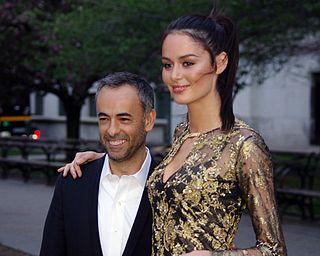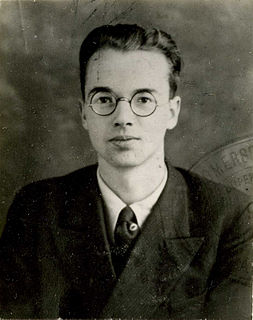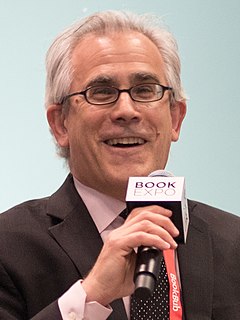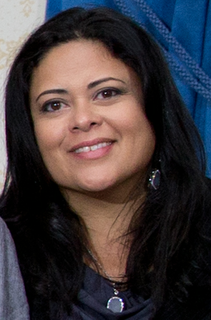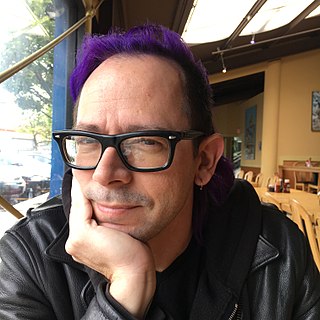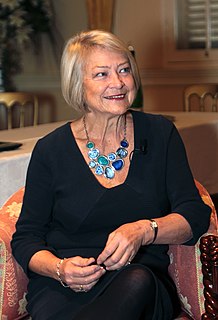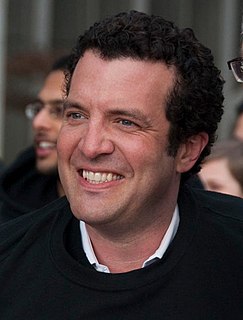Top 1200 Good Information Quotes & Sayings - Page 7
Explore popular Good Information quotes.
Last updated on December 19, 2024.
Some of us have such incredible things that can keep us from acting. We have the luxury of drinking such good wine, and having such good information at our fingertips. I can look up anything on my computer. And I can call any friend at the drop of a hat on my cell phone. And I can have beautiful clothing and great food in a world where people are being tortured. I have some responsibility for that.
You can't just blurt the information out to the Russian foreign minister and the Russian ambassador. What happens is, the information goes back to the CIA, to the originating office. The CIA will pull the relevant information out of the report, put it on a new blank sheet of paper and then type at the top, "Secret releasable to Russia." That way, nobody gets in trouble, no sources and methods are revealed, everybody's happy, and we can establish something of a liaison relationship to the Russians. That's not what the president did.
Film is the packaging of information in cans. Videotape is involved with the feeding back of process. Film rips information away from the situation for use elsewhere. Videotape can be fed back into a given situation and enrich experience. Film extends man as a spectator. Videotape extends man as a cybernator. Film imports information. Videotape implodes indigenous data.
The approach and strategies are very similar in that you gather all the information you can and then keep adding to that base of information as things develop. You do whatever the probabilities indicated based on the knowledge that you have at that time, but you are always willing to modify your behaviour or your approach as you get new information. In bridge, you behave in a way that gets the best from your partner. And in business, you behave in the way that gets the best from your managers and your employees.
The normal way of gathering information is through sound: when you hear information that you want to gather, you look in its direction, you see what it is, if you choose you can get closer, you can see it, you can touch, and then, finally, the most committed form of data gathering is to taste it and eat it. But for the urbanite, we're cut off from our primary sense, and I want to stress that - our primary sense of gathering information about the place that we're living in - and instead, we're in a war zone.
Internet becoming accessible everywhere, whether it was Wi-Fi at work, on your cell phone as you traveled. People had it at home with broadband. There was a big change.It used to be people used the Internet primarily at work, because that's where they had a good connection. Now they're using it at home. And the second big change is, they used it not just to get information, but to communicate with one another. And, so, it became not simply an information exchange, but a personal exchange, a communication mechanism.
The information. Every bit that of information that was ever in your brain. But the information is not the mind Jenna. That we've never accomplished before. What we've done with you is groundbreaking. We cracked the code. The mind is an energy that the brain produces. Think of a glass ball twirling on your fingertip. If it falls, it shatters into a million pieces. All the parts of a ball are still there, but it will never twirl with that force on your fingertip again. The brain is the same way.
On the information technology side, health care is still behind other industries. There needs to be a real push to create better electronic health records, more inter-operability amongst various types of electronic systems and cybersecurity is becoming a huge deal in in health care. Health care records are highly sought after by virtue of the fact that not only do you have somebody's person financial information, you also have their person medical information.
What makes a good follower? The single most important characteristic may well be a willingness to tell the truth. In a world of growing complexity leaders are increasingly dependent on their subordinates for good information, whether the leaders want to hear it or not. Followers who tell the truth and leaders who listen to it are an unbeatable combination.
The concept of the "information society" is both vague and all-embracing. Different participants meant different things by it. In practice, though, World Summit on the Information Society only dealt with a small number of issues: ICTs and human rights (to some extent), ICTs and development (to some extent), infrastructure finance and Internet governance. Very large aspects of what might have been included in the "information society" were not really discussed.


